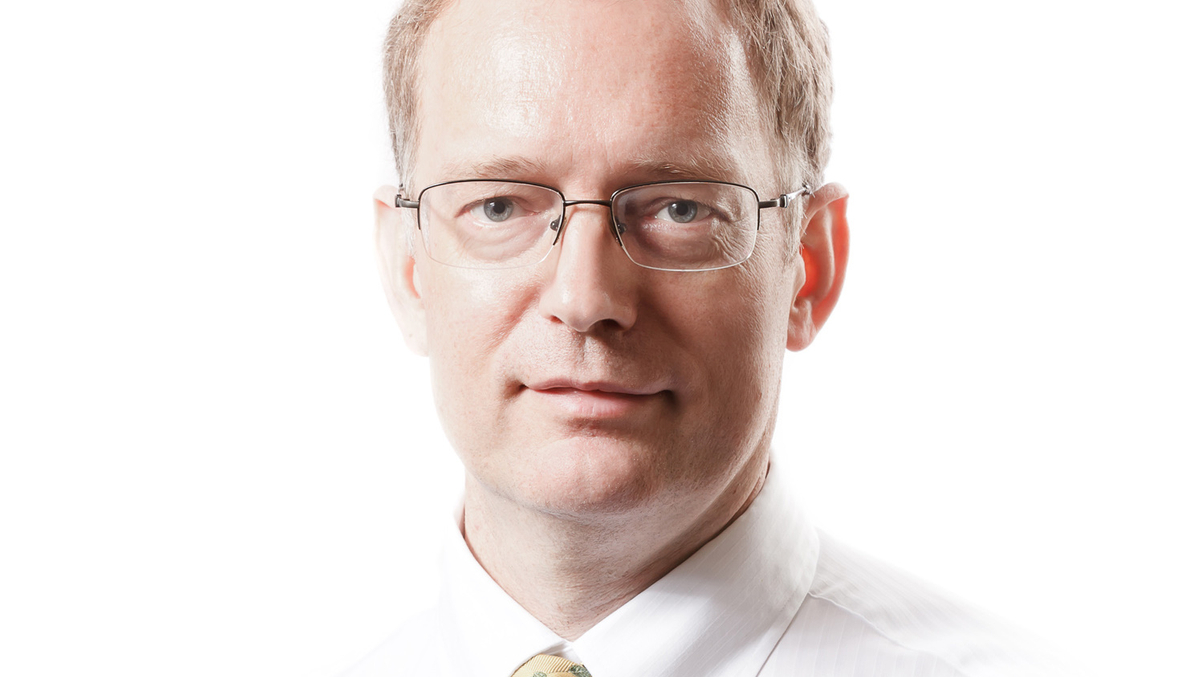AustralianSuper discusses plans for China, Asia
Stephen Joske, senior manager for Asia, describes how the superannuation fund plans to build its presence in Beijing.

Once AustralianSuper has obtained the required licence to set up a rep office in Beijing, the Melbourne-based retirement fund will be hiring research staff to support Stephen Joske, who joined as senior manager for Asia last month.
Sign in to read on!
Registered users get 2 free articles in 30 days.
Subscribers have full unlimited access to AsianInvestor
Not signed up? New users get 2 free articles per month, plus a 7-day unlimited free trial.
¬ Haymarket Media Limited. All rights reserved.


